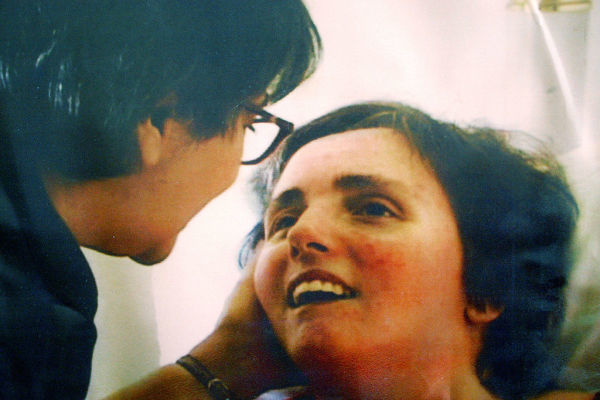Okla. Judge: Male Sex-Change Patients Cannot Take Female Names
A district judge in Oklahoma has ruled against two men who underwent sex changes and sought to have their names changed to female appellations.
Judge Bill Graves of Oklahoma County has ruled twice – once last year and again last month – against two cases in which men who had undergone sex changes wanted to adopt female names. The two individuals who sought to have their names changed along with their sex were James Dean Ingram and Steven Harvey.
Rebecca R. Kolar, secretary and bailiff to Judge Graves, told The Christian Post that the Steven Harvey case, which involved a man who sought to change his name to "Christie Ann Harvey," is presently undergoing an appeals process.
While other Okla. Justices have been known to grant such name changes, Graves has stated that he opposes such a practice on scientific reasons.
"A so-called sex-change surgery can make one appear to be the opposite sex, but in fact they are nothing more than an imitation of the opposite sex," wrote Graves last year. "Here, petitioner has not even had the surgery by which his sex purports to be changed. Thus, based on the foregoing and the DNA evidence, a sex change cannot make a man a woman or a woman a man all of which, the Court finds is sufficient in and of itself to deny petitioner's request for a name change."
The judge also cited the Bible in his ruling. "To grant a name change in this case would be to assist that which is fraudulent. It is notable that Genesis 1:27-28 states: 'So God created man in his own image, in the image of God created he him; male and female created he them. And God blessed them, and God said unto them, be fruitful, and multiply, and replenish the earth ...' The DNA code shows God meant for them to stay male and female."
In his application for name change last year, Steven Harvey had argued in part that a denial of such would be in violation of the "right to privacy." Graves wrote that such a right was not constitutional.
"While there zones of privacy enumerated in the U.S. Constitution … there is no general right of privacy enumerated in that document," wrote Graves. "While this court-created right has been utilized to create other substantive rights, there are no binding precedents as to the issue herein."
Among those critical of Judge Graves' decision have included the LGBT publication The Advocate, which upon reporting the story pointed out Graves' conservative background.
"Graves was a Republican state representative before becoming a judge. In the legislature, he pushed for a state constitutional amendment banning same-sex marriage," wrote Trudy Ring. "As a judge, he objected to a state bar association proposal that would bar judges from membership in organizations that discriminate on the basis of sexual orientation…"
In an interview with local media, Ingram, who seeks to change his name to "Angela Renee Ingram," said that the long process has been personally painful.






















